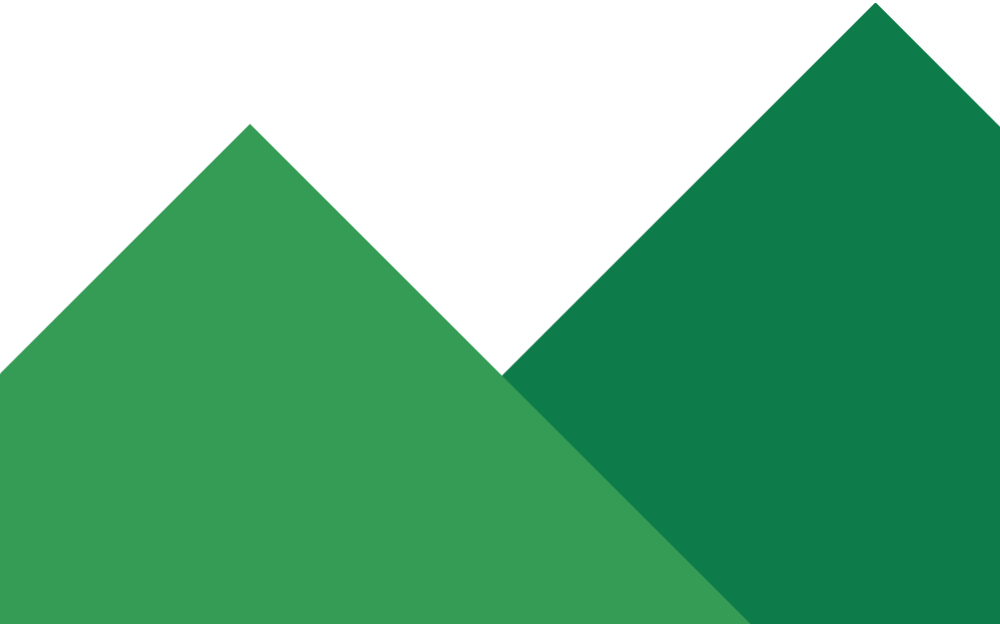401(k) — Explained
Mar 26, 2025
What Is a 401(k) and Why It Matters
🖥️ Reading time: 4 minutes
A 401(k) is a retirement savings account you get through work. You put a portion of your paycheck into it, and your employer might even match part of that money (aka free money).
There are two types:
- Traditional 401(k): You put in money before taxes—and pay taxes later when you take the money out.
- Roth 401(k): You put in money after taxes—and don’t pay taxes later when you take the money out (as long as you follow the rules).
The key is to actually use it.
For the purpose of this Explained article, the remainder of the article will only reference the Roth 401(k).
How a 401(k) Works
Every paycheck, a percentage goes into your 401(k). You choose how that money is invested. Most plans offer mutual funds, stock funds, bond funds, and target-date funds (which adjust based on when you want to retire).
Your money grows over time, thanks to something magical called compounding (earnings on top of earnings).
Pro tip: Always invest enough to get your company’s full match if they offer one. That’s a 100% return on your money.
How to Start a Roth 401(k)
- Ask your HR rep if your company offers one.
- Fill out the paperwork to enroll.
- Choose your investments (go with a target-date fund if you're unsure).
- Decide how much to contribute from your paycheck.
If you're self-employed, you can open a Solo 401(k) through most online brokers.
Contribution Limits for 2025
- Under 50? You can contribute up to $23,500.
- 50 or older? You can contribute up to $31,000 (that includes a $7,500 catch-up contribution).
The combined employee + employer total can’t go over $70,000 (or $77,500 for age 50+).
How Your Roth 401(k) Grows
Growth comes from:
- Your contributions
- Employer match (if any)
- Investment returns
- Compounding over time
Example: Invest $500/month starting at age 25 and stop at 65. That could grow to over $1 million depending on returns. Start late and that number drops fast.
When Can You Withdraw Money?
- Age 59½ is the magic number to avoid penalties.
- Withdraw earlier and you’ll pay taxes plus a 10% penalty (unless it’s a qualified exception).
What Happens If You Leave Your Job?
You have four options:
- Leave it with your old employer (if allowed)
- Roll it into an IRA (more investment options)
- Move it to your new employer’s plan
- Cash out (bad idea—you’ll owe taxes + penalty)
Roth 401(k) vs. Brokerage Account
|
Feature |
Roth 401(k) |
Brokerage Account |
|
Purpose |
Retirement |
Any goal |
|
Tax status |
Tax-free |
Taxable |
|
Withdrawal penalties |
Yes (before 59½) |
No |
|
Contribution limits |
Yes |
No |
|
Employer match |
Possible |
No |
Pros and Cons of a Roth 401(k)
|
Pros |
Cons |
|
|
The Bottom Line
A Roth 401(k) is one of the best tools to build long-term wealth. It's automatic, tax-advantaged, and often comes with free money from your employer.
The earlier you start, the better. Even if you can only contribute a little right now, the habit is what matters.
✅ Join My Beginners Investing Master Class
✅ Take advantage of my FREE Financial Freedom Faster eBook
📢 Start where you are. Use what you have. Build the future you want!
- Steve
Disclaimer:
The following article is strictly the opinion of the author and is not to be considered financial/investment advice. CTL Community LLC and the author of this article do not claim to be a registered financial advisor (RIA) or financial advisor. Please visit our terms of service and privacy policy before reading this article. "Call to Leap may earn affiliate commissions from the links mentioned. Call to Leap is part of an affiliate network and receives compensation for sending traffic to partner sites such as ImpactRadius, CardRatings, MyBankTracker, and more."
Read more Curated Articles

